
Global obesity rates have risen sharply over the past three decades, leading to spikes in diabetes, arthritis and heart disease. The more we understand the causes of obesity and how to prevent it, the better.
- By David Mutch
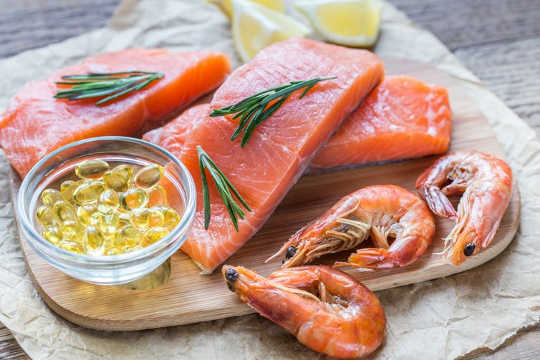
Omega-3 fats can be found in many food sources, including salmon, flax seeds and walnuts as well as over-the-counter supplements.

Osteoarthritis is the most common of the more than 200 forms of arthritis, affecting more than 20% of the population.

Omega-3 fatty acids are commonly found in plant and seafood sources. If you don’t have high enough levels of omega-3s in your diet, it’s a leading risk factor for death globally, contributing to the development of chronic diseases like cancer.
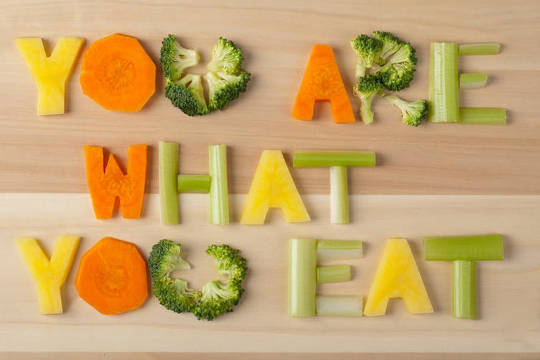
Do you eat to live or live to eat? We have a complicated relationship with food, influenced by cost, availability, even peer pressure. But something we all share is appetite.

We all love delicious foods, even if we know they may not be good for us. Foods high in energy – specifically sweet, salty and fatty foods – tend to taste the best.
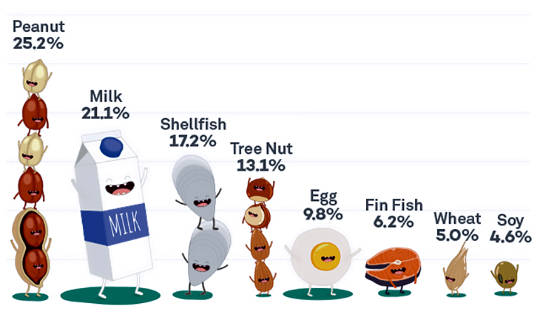
A surge in childhood food allergies across the United States has turned classrooms into homemade-treat-free zones and parents into experts at scanning labels. But what’s fact and what’s fiction?
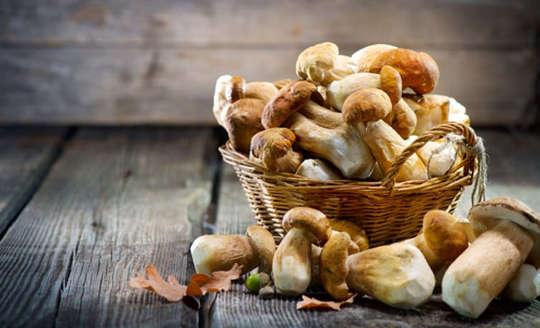
In the past, food scientists like me often praised mushrooms as healthy because of what they don’t contribute to the diet; they contain no cholesterol and gluten and are low in fat, sugars, sodium and calories. But that was selling mushrooms short. They are very healthy foods and could have medicinal properties...
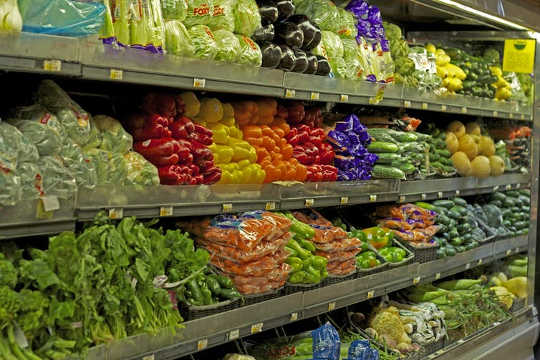
Socioeconomics play a significant role in attitudes about food – especially concerns about safety and purchasing behavior. And higher income doesn’t always correlate with informed choices. On the contrary, our research shows that affluent Americans tend to overestimate their knowledge about health and nutrition.

With springtime comes the desire to shed those few extra pounds, in preparation to don swimsuits and head to the pool. This year, new obesity research is making it easier to find a pathway that is right for us.

The World Health Organization recommends limiting “free sugars” to less than 10% of our total energy intake. This equates to around 12 teaspoons a day for an average adult.
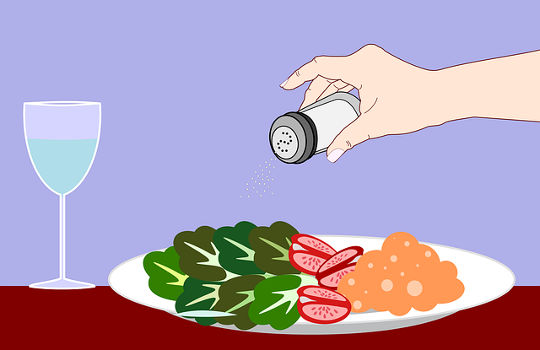
While preparing food at home, or while buying prepared food from grocery stores and restaurants, salt tends to find its way onto our plates. Does our love for salt come at a cost? How much salt is too much, and should we be concerned? These are the questions that not enough people are asking.
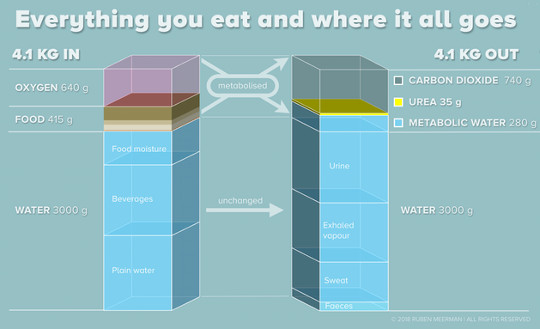
The world is obsessed with fad diets and weight loss, yet few of us know how a kilogram of fat actually vanishes off the scales.
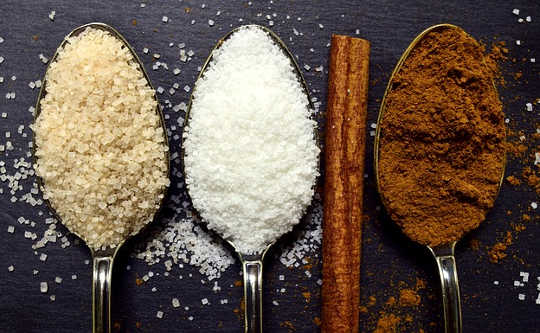
In nutrition, sugar refers to simple carbohydrates consisting of one or two basic carbohydrate units such as glucose, fructose and galactose.
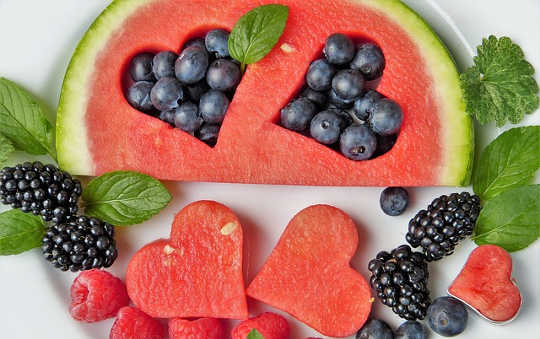
Evidence shows that the health risks from sugars, such as tooth decay and unhealthy weight gain, are related to consuming too many free sugars in the diet, not from eating sugars that are naturally present in fruits or milk.

We all have that one friend whose eating habits and body shape simply don’t add up. While enjoying the unhealthiest of meals and a sedentary lifestyle, somehow they effortlessly retain a slender figure.

When you google “weight loss” the challenge to sort fact from fiction begins. These five supplements claim to speed up weight loss, but let’s see what the evidence says.

Did you know that your morning cup of coffee contributes to six million tonnes of spent coffee grounds going to landfill every year?
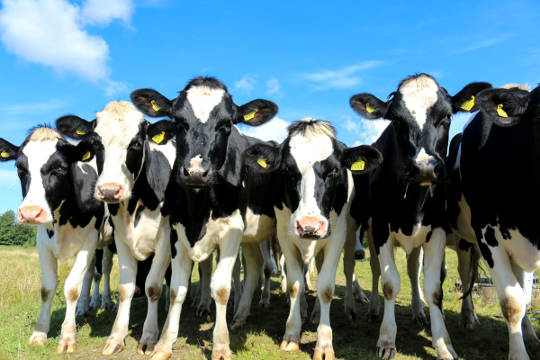
While plant-based milk beverages like soy milk have been on the market for a couple of decades and are advertised as being healthy and wholesome for those who are lactose-intolerant, little research has compared the benefits and drawbacks of the various kinds of plant-based milk.

People who are overweight may be at higher risk for overeating in the evening hours, especially when experiencing stress, a new study suggests.

Brussels sprouts, like their European namesake, divide opinion. Some people embrace the flavour and familiarity of the small green vegetable. To others, they are an object of derision and disgust.
 Kids who eat fish at least once a week sleep better and have IQ scores that are 4 points higher, on average, than those who eat fish less frequently or not at all, a new study shows.
Kids who eat fish at least once a week sleep better and have IQ scores that are 4 points higher, on average, than those who eat fish less frequently or not at all, a new study shows.
- By Marc David

In less than six weeks’ time working together, Sandy lost fifteen pounds and within four months she was a total of forty-five pounds lighter while eating more fat and exercising less. Her war with food was over, and she finally had what she wanted. Here’s what she did.















